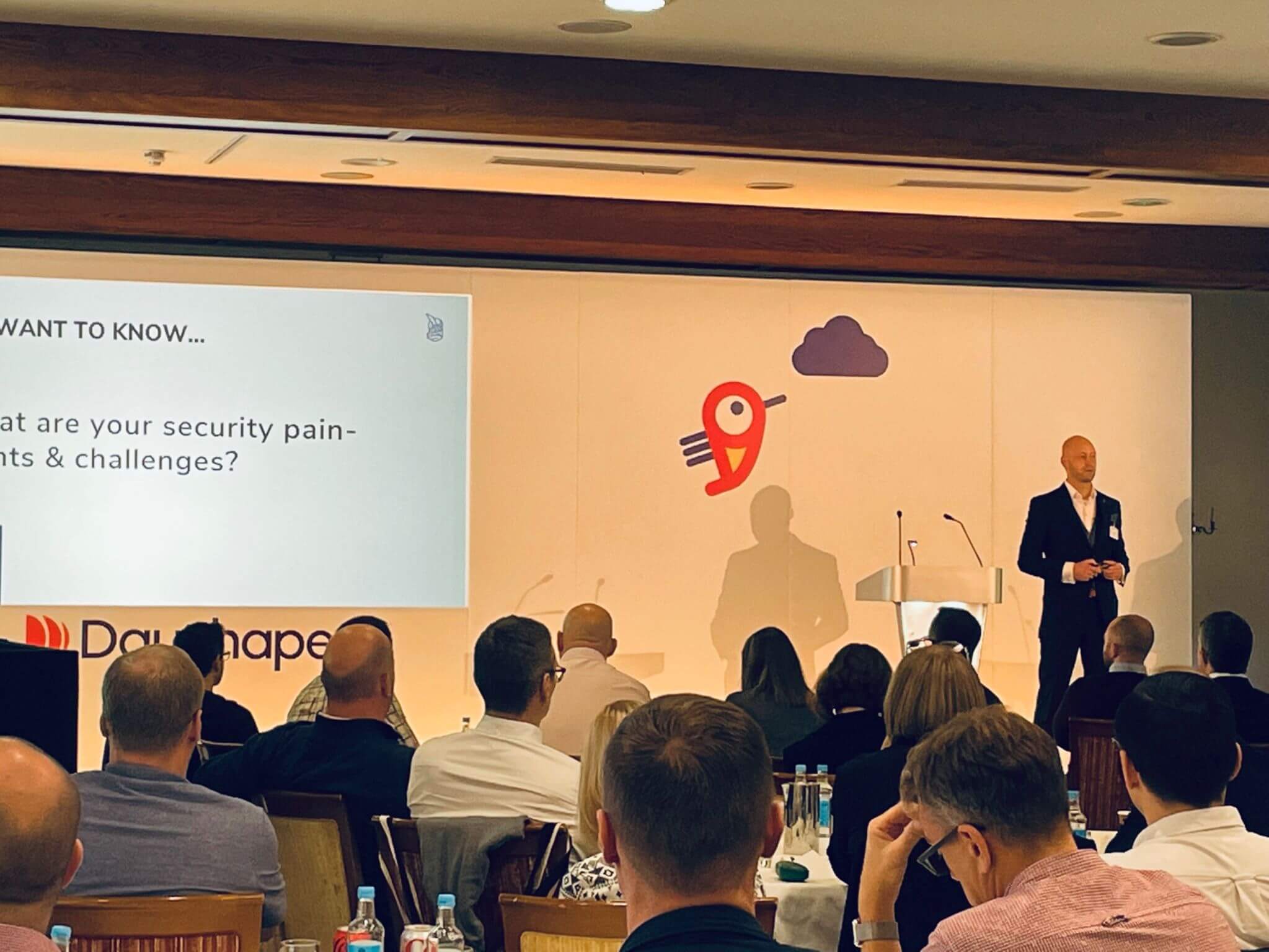Contents:
While accounting is now simpler to access and handle thanks to the cloud, there are far more security risks now than there were with traditional paper-and-pen bookkeeping. To be clear, threat actors have the ability to target and breach even the most solid IT systems. But what’s much more distressing and hazardous is that threats to internal accounting data are even more expensive.
Many people believe that the accounting lifespan and data protection are unrelated. That is untrue. For instance, in addition to hacking, financial data dangers can also involve mistakes and unintended data breaches, necessitating complex solutions to data loss prevention. Accountants and accounting firms are aware that financial data leaks pose a threat to their employment, company expansion, client relationships, and other factors. The account information you use to monitor debits and credits is also open to malware and other criminal behavior.
Given how vulnerable the Internet is to hacking, it should come as no surprise that cybersecurity is one of the most critical concerns. Every day, a significant number of cyberattacks take place, and neither big businesses nor individuals are spared. Significant financial damage is caused by ransomware. Businesses are currently employing trained cybersecurity professionals to help them find vulnerabilities in their networks. Due to the rising demand for cybersecurity analysts, cybersecurity certification has emerged as one of the most sought methods to combat cyber threats. Cybersecurity can also be advantageous for accounting. We will examine the application of cybersecurity in accounting in this article.
What Is the Role of Cybersecurity in Accounting?
While cyberattacks pose a threat to most organizations, they are becoming more of an issue for accountants as a result of the vast volumes of sensitive client data and classified info that their systems store. These typically consist of financial records, tax identification numbers, bank account information, payroll information, investments data, future plans, and intellectual property. Any cybercriminal will be very motivated to access this important information.
Examples of stolen accounting information include:
- Invoice numbers
- Transaction information
- Numbers on credit cards
- Bank accounts
- Usernames/Passwords
- Sensitive and personal data
The largest risk is, most crucially, assuming that “my accounting firm” or “my business’s performance records” are safe. Security breaches are becoming more frequent across all sectors of the financial services business.
Furthermore, many people believe that cyber-attacks are solely the domain of multibillion-dollar corporations. And it’s a faulty assumption. To be honest, ransomware attacks on small and medium-sized businesses were reported by 85% of managed service providers (MSPs).
Accounting firms are the most specialized among SMBs, according to a CNBC study. As a result, the utility and effectiveness of accounting companies’ usage of cutting-edge technology have improved. Additionally, accounting firms must be equipped to handle cybersecurity concerns and disruptive innovation.
Back in September, Heimdal was delighted to be the official gold sponsor of the 2022 AIT Reach for the Clouds Conference, an event that brought together I.T. managers and seniors from many leading accountancy firms in the UK. Our CEO, Morten Kjaersgaard, was also present at the event.

The conference was centered around how organizations are targeted by cybercriminals regardless of how secure they are. They launch sophisticated and novel attacks on businesses. Accounting firms have some flaws that hackers can take advantage of. Furthermore, if adequate security measures are not in place, your company is vulnerable to cyberattacks. Because of this, accounting firms should invest in cybersecurity, and the first step would be taking online cybersecurity training to learn more about using cybersecurity for accounting.
Due to the COVID-19 outbreak, 2020 saw a significant move toward remote workstyles. However, the advent of cyberattacks is a similar scourge. For instance, this year saw a 17% increase in total data breaches over 2020. In reality, there were 1,291 breaches in 2021 as opposed to 1,108 in 2020. The increase in cybersecurity measures has resulted in a surge in advanced cyberattacks, as evidenced by this growth.

Accounting Firms Must Meet the Following Security Standards:
Avoid legal ramifications
If their valuable data were compromised, nearly 66% of clients would likely cut ties with a company, while 94% would consider suing any of the organizations involved in data collection. Furthermore, cybersecurity will protect and safeguard your company’s data. It will also help you gain your customers’ trust and expand your business.
Prevent financial loss
In 43% of the instances, small firms gave ransomware perpetrators between $10,000 and $50,000 in ransom demands.
Cybercriminals design their attacks almost always with the goal of stealing money from businesses. Small companies are not exempt from these threats, and there are now plenty of resources available to satisfy the demand. If you want to prevent a ransomware attack, you must have a good cybersecurity solution in place.
Data loss is very expensive and lowers the value of your company. Regardless of whether your business is able to recover the data, the cost of tidying up the mess is immeasurable.
Prevent data loss from insiders
Any employee in your company has the potential to harm the business. For instance, a bad employee might sell information to competitors for their own benefit.
Assume that the association has no influence over the representative’s actions. They can consequently lose their high-valve accounting resources as a result. Additionally, your data will be adequately protected by cyber security. You can learn how to effectively protect against insider threats with online cybersecurity courses.
Avoid losing your clients’ financial information
Accountants are in charge of and must guarantee the security of their clients’ financial information. Their understanding of the relevance of their part in protecting the security of their clients’ data is their obligation. Additionally, a single human error could provide hackers access to a client’s financial data. Cybersecurity, therefore, aids in preventing data breaches. Accounting professionals can increase their efficiency at work by earning online cybersecurity certificates.
The typical cost of a data breach to businesses is currently $4.24M, which is the largest amount in 17 years. The danger of such a loss is very high for both companies and accounting firms. More importantly, a company’s reputation could suffer severely, possibly forcing it to shut down. Under no circumstances are these incidents uncommon.
A security breach can have extremely high expenses, even if a company doesn’t go out of business. For instance, Gustafson & Co., an accounting firm with offices in Oregon, suffered a significant data breach and was compelled to pay $50K after 1,900 people’s data was leaked.
Wrapping Up
As can be seen, using cybersecurity in the accounting field has numerous benefits. Online cyber security training is a fantastic way to educate users on the benefits of using it. To protect their critical data, accounting firms should hire cyber security analysts and implement cyber security. Cybersecurity adds to the long-term value of your brand. It safeguards against any kind of data breach or theft. It will also assist them in gaining the trust of their customers and expanding.
Whereas many accountants have a duty to counsel clients on the tactical and strategic aspects of their businesses, this duty may now also extend to cybersecurity-related matters. The more knowledge the accounting firm has on the subject, the better advice they can provide.










 Network Security
Network Security
 Vulnerability Management
Vulnerability Management
 Privileged Access Management
Privileged Access Management  Endpoint Security
Endpoint Security
 Threat Hunting
Threat Hunting
 Unified Endpoint Management
Unified Endpoint Management
 Email & Collaboration Security
Email & Collaboration Security








